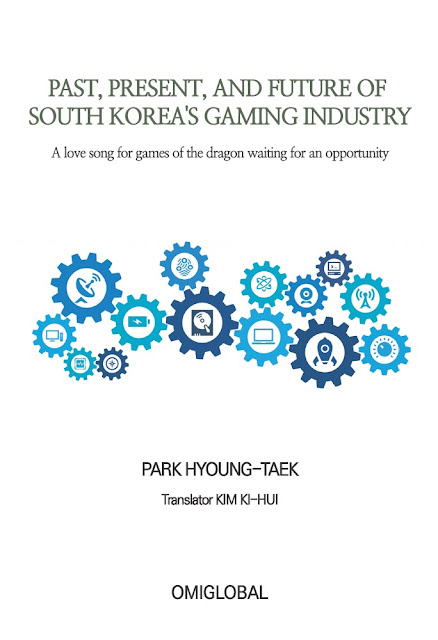泥中蟠龍's Game愛歌 [A love song for games of the dragon waiting for an opportunity] Quo Vadis? Where is the global gaming industry going?
泥中蟠龍's Game愛歌
[A love song for games of the dragon waiting for an opportunity]
Quo Vadis? Where is the global gaming industry going?
I wrote about U.S. interest rates and its influence on inward investment in South Korea a couple of weeks ago; American investors will leave for the States as the U.S. interest rates go up. And recently, Donald Trump was elected the 45th president of the United States, beating his strong opponent Hillary Clinton. I don't like to mention who the better leader for America is. I don't know that much about him and I can't explain the difference between the former presidential candidates just in a few lines. However, It's predictable that the United States will shortly raise its key interest rates according to his presidential election pledges regarding economic policy. It can be bad news when it comes to investment in the national gaming industry.
The U.S. president-elect made his support of a weak dollar blaming the Federal Reserve. The flow of cross-border investment depends on the U.S. dollar. Many local game developers are highly regarded for their technical skills and production capabilities, however, they seem relatively less competitive in the global market compared to made-in USA or England products. In other words, they are undervalued to their rivals in Europe. European game makers will have chances to enter overseas markets and exchange fluctuation will lower their corporate values. Many foreign investors will prefer to choose the European companies—the better one at the same price, to communicate effectively.
Besides, China's economic retributions are growingly visible throughout Korea's cultural contents including movies, K-dramas, K-pop, etc. since the Park Geun-Hye administration announced the deployment of the THAAD missiles to South Korea. China has stepped up its sanctions against South Korea more than ever before—including stricter sanctions on local video content—, which means a definite sign that China will impose new sanctions on domestic video games. Amid heating competition in Korea's video game market, the Chinese mobile game market has been a very good alternative for national game developers for a recent couple of years. It means that the domestic game makers will lose their market.
I don't want to discourage local game studios from staying in Korea because the domestic video game industry is at risk. They need to find the causes of the sudden change in the global environment and should cope with it in advance. Now the local game developers need to study hard and learn more about the rapidly changing world situation. It's the right time for them to establish a niche in the international market with the aims of globalizing their Korean-made video games. They should not be contained within the narrow domestic market where thousands of developers are competing with each other.
※ This is from Kyunghyang Games column by 泥中蟠龍 since September 2013.
(http://www.khgames.co.kr)
Translation by Kim Ki-hui


Comments
Post a Comment